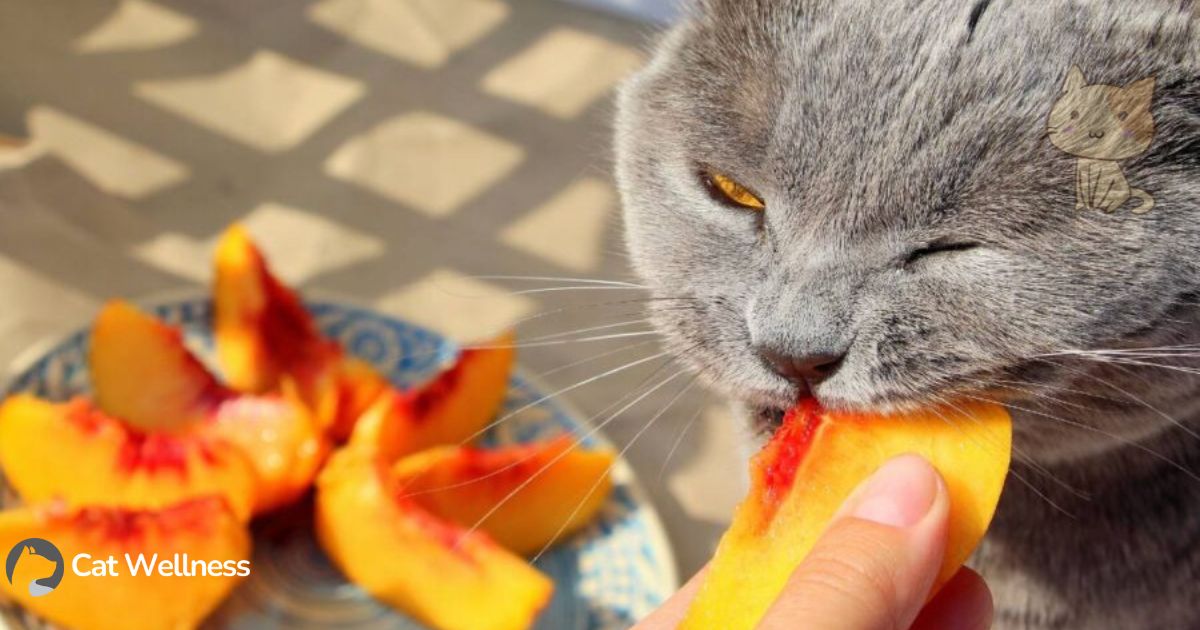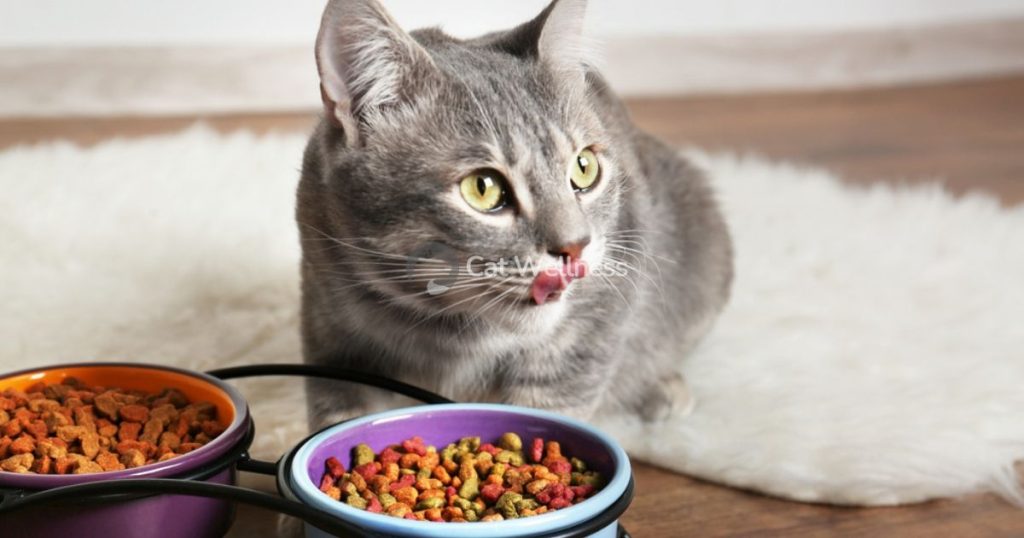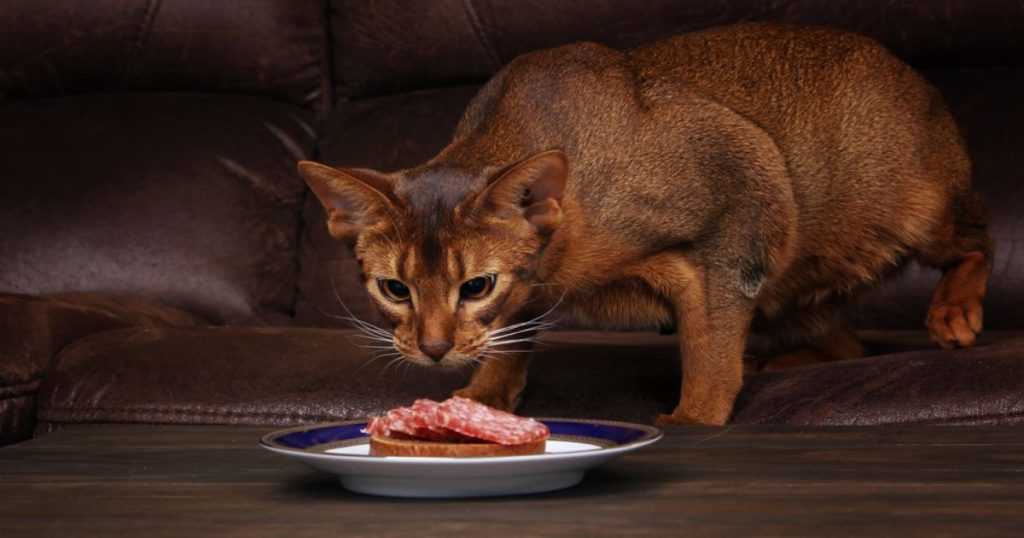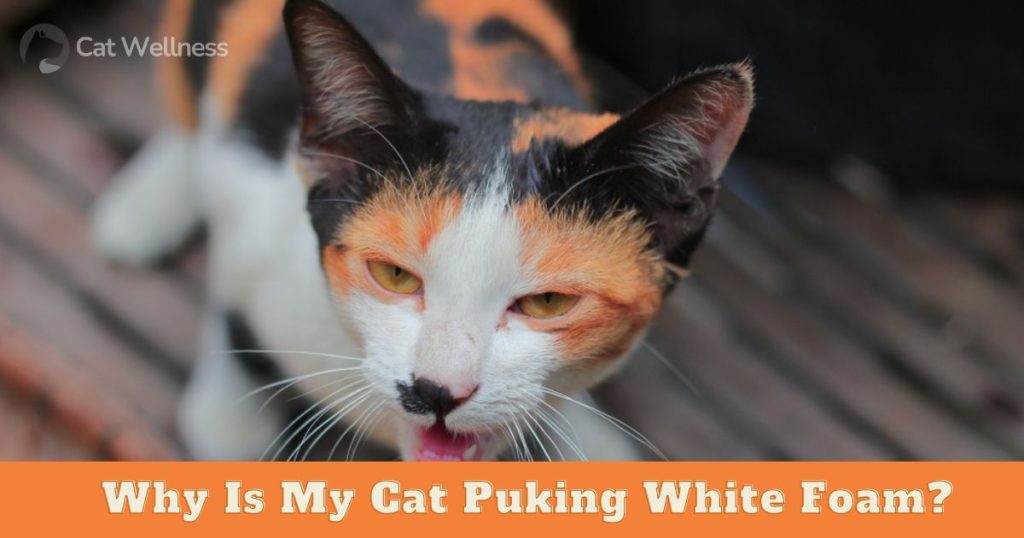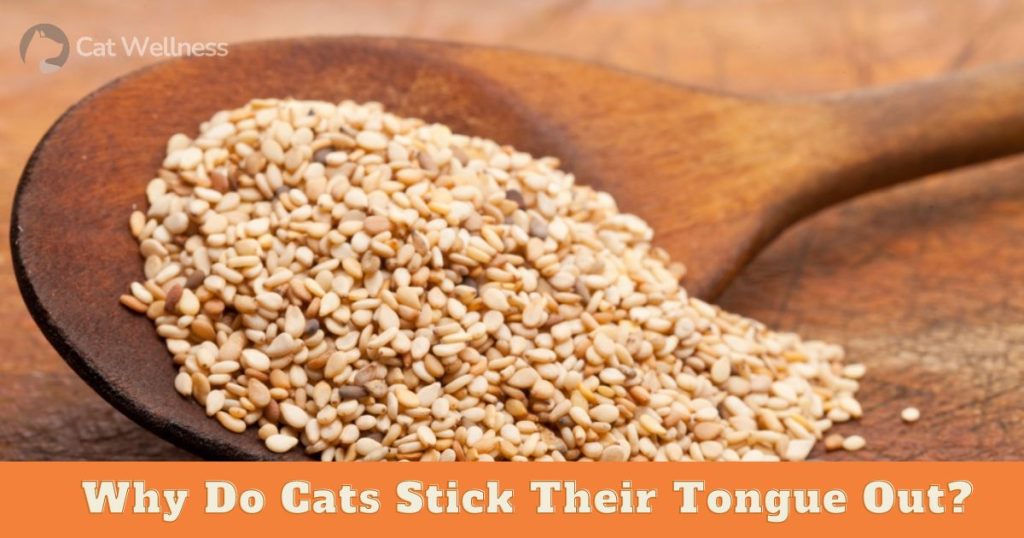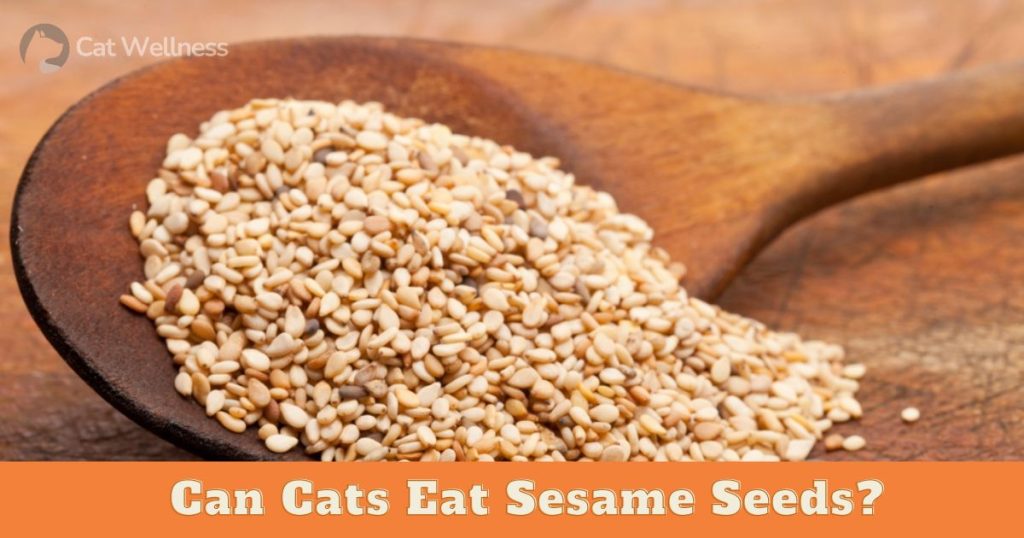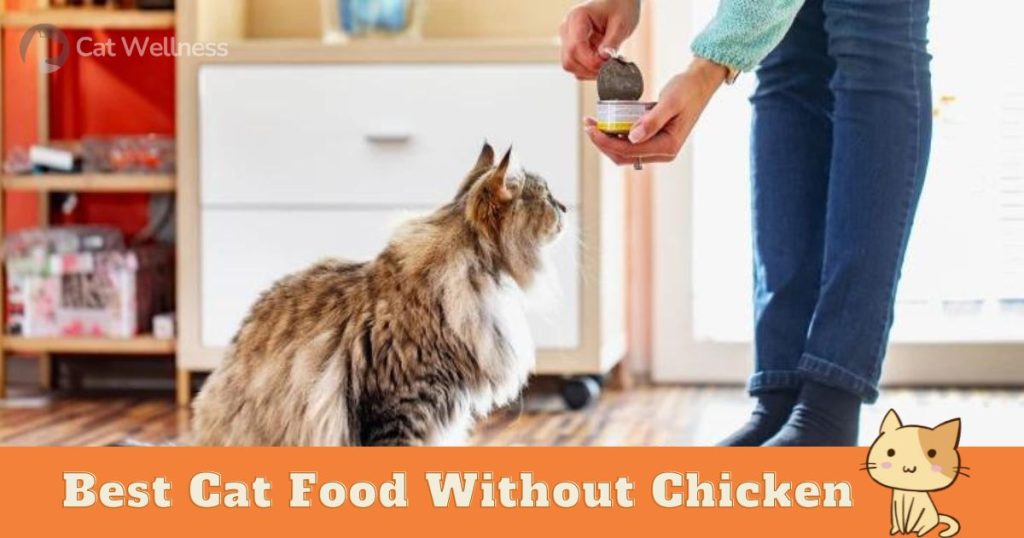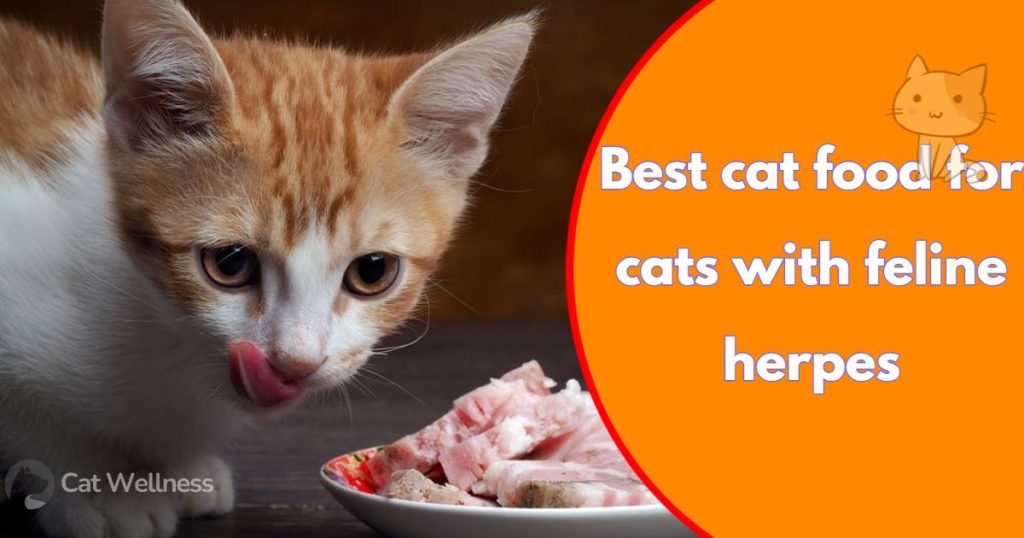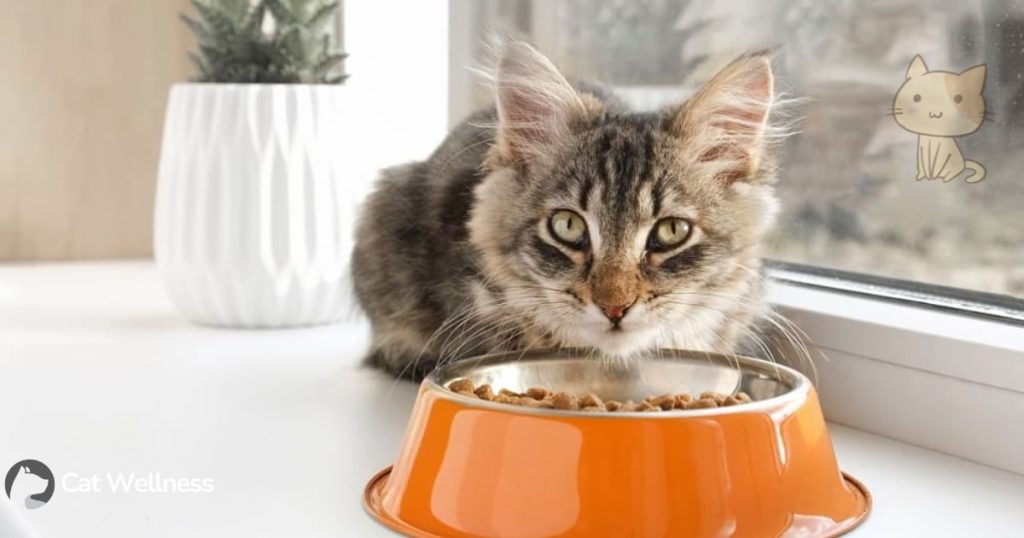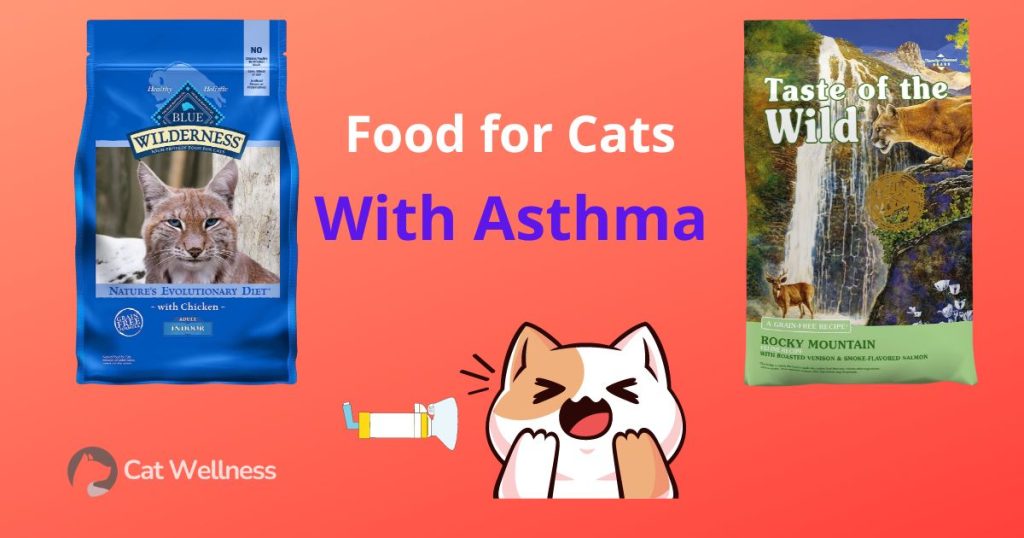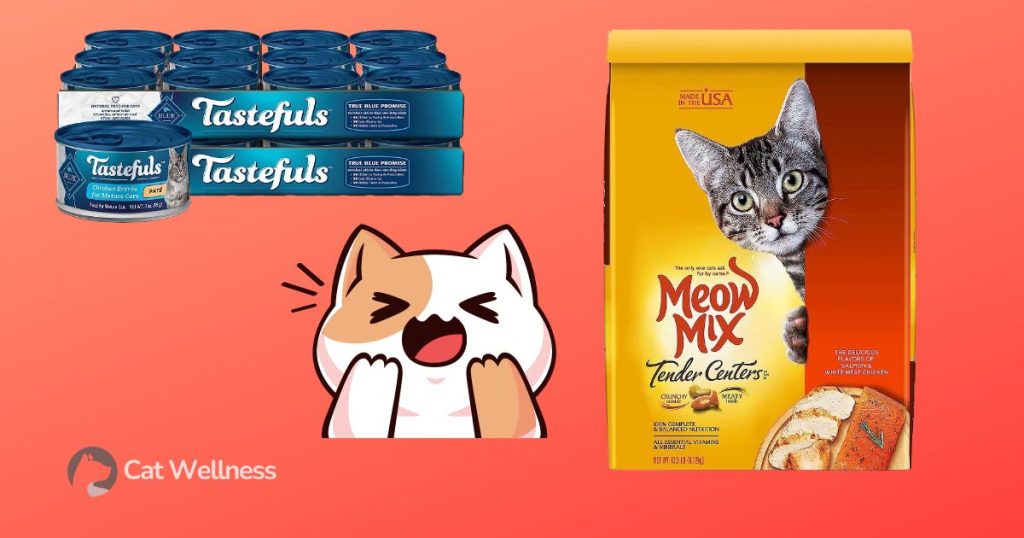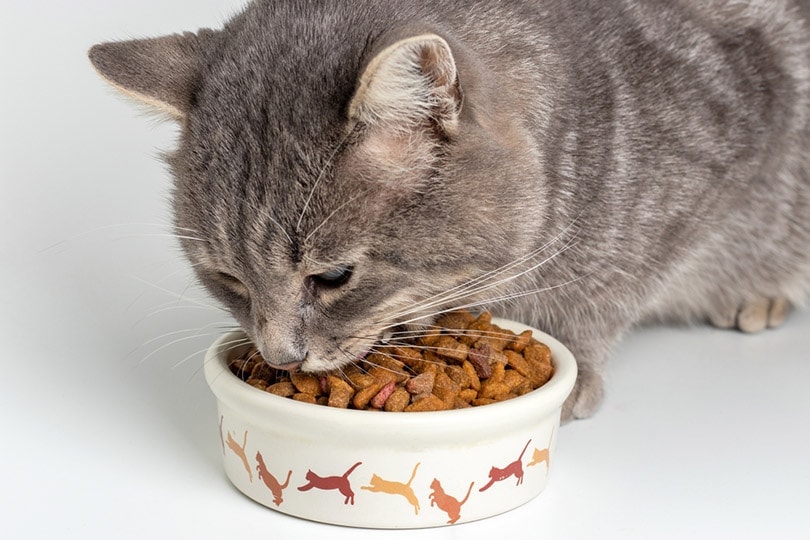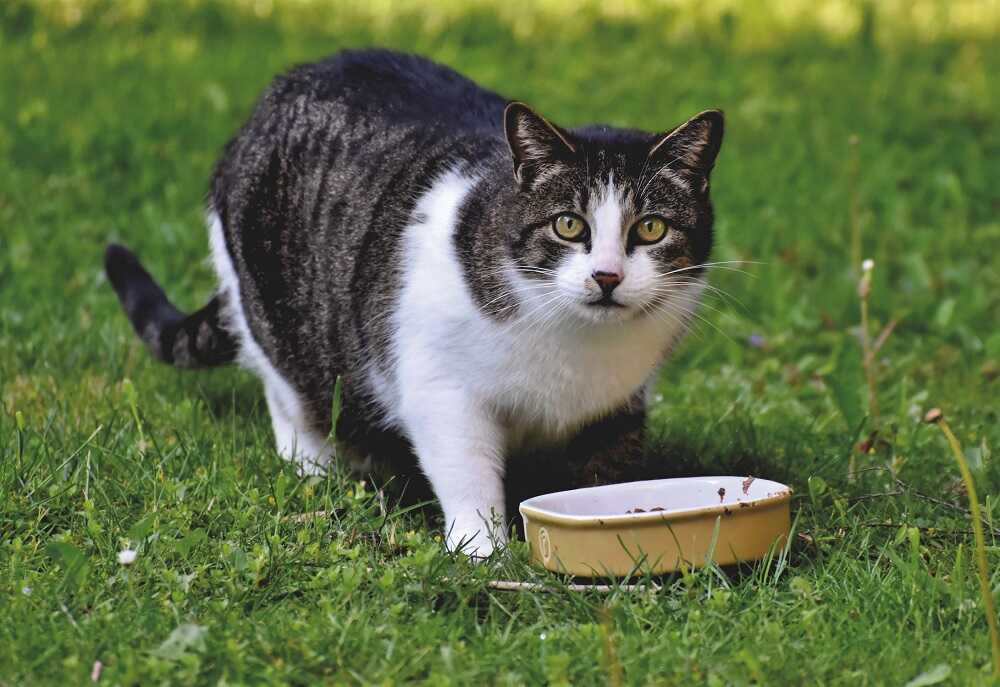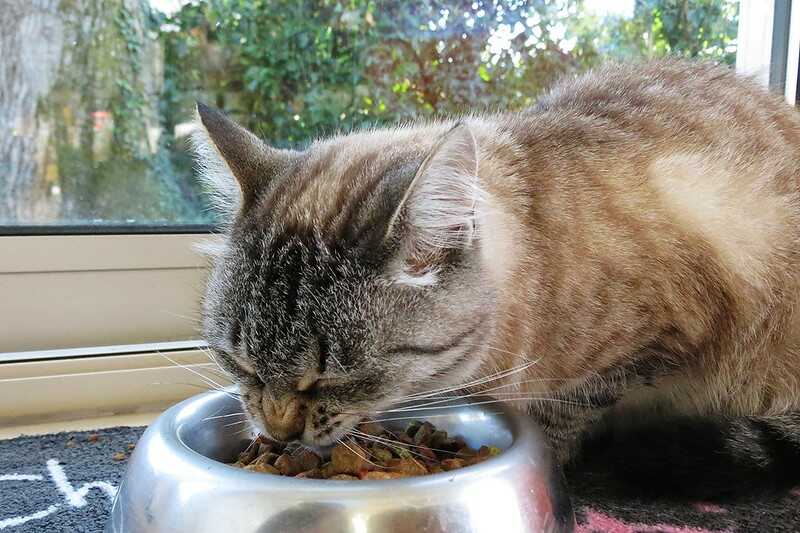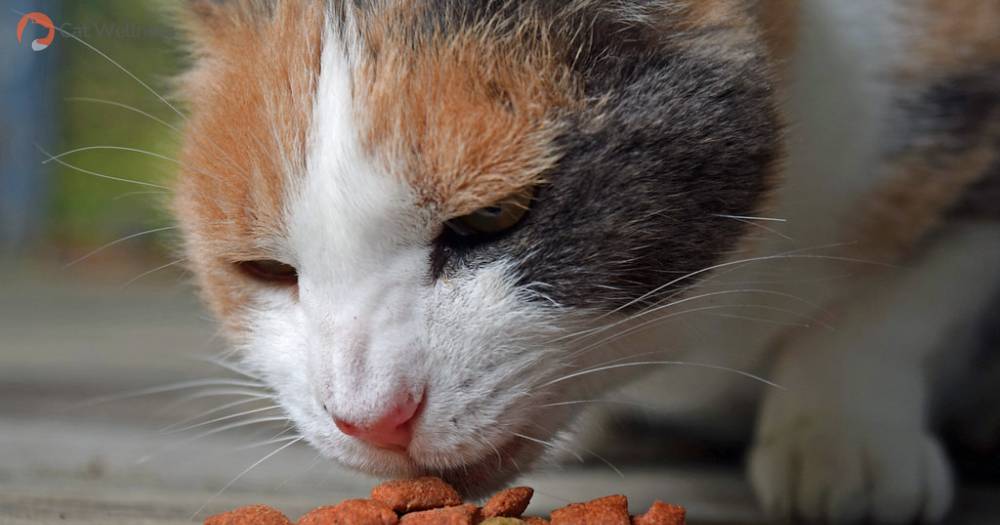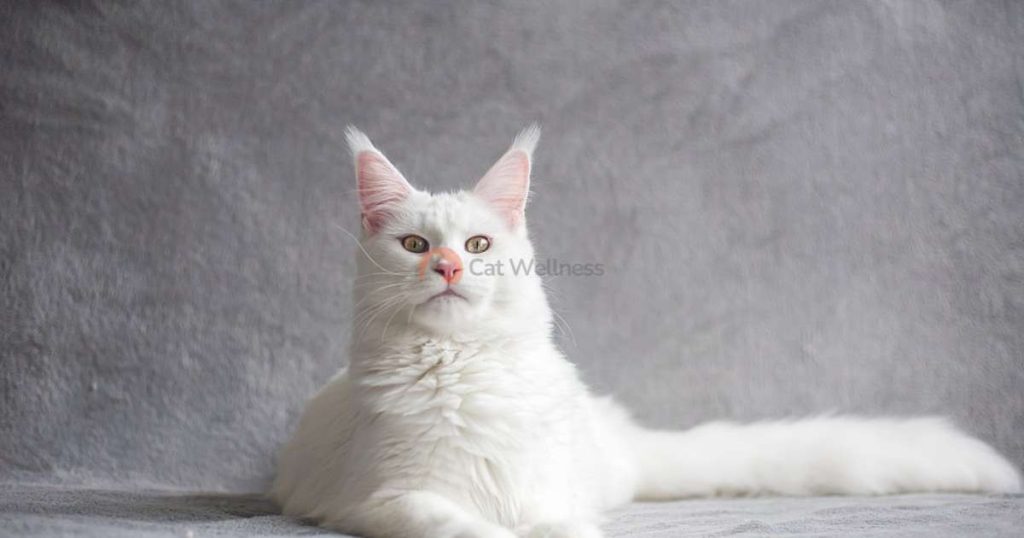Peaches are a delectable and naturally sweet treat. You may observe your feline companions displaying curiosity as they approach to investigate the peaches you are consuming.
Like most pet owners, you likely enjoy offering your furry friends the things they enjoy, so long as it’s not harmful to them and enhances their quality of life. But Can Cats Eat Peach, is it safe for cats?
In this article, we will explore the advantages and potential hazards of feeding peaches to cats. You’ll discover ways to protect your furry friend when providing them with this tasty fruit.
Can Cats Eat Peaches?
Cats can eat peaches but with caution. The fresh flesh of the fruit isn’t harmful to cats; it’s the pit, leaves, and stems you need to watch out for as they contain a toxic compound called amygdalin.
However, feeding your feline friend too many peaches could negatively impact their health due to unnecessary sugars and carbohydrates present in the fruit.
Peaches aren’t poisonous or particularly hazardous for cats if given in moderation. Yet there are risks of stomach upset if they have an allergic reaction or ingest too much at once.
It’s crucial not go overboard while treating your cat with this sweet delight because canned peaches contain preservatives that could upset your pet’s digestive system.
Safety Tips for Feeding Peaches to Cats
Select organic peaches, rinse them thoroughly, cut them into small pieces, and monitor your cats when introducing new foods.

Select Organic Peaches
Choosing organic peaches as a treat for your cat supports their health and well-being. These peaches are free from pesticides, chemicals, and other harmful substances that could harm your pet.
They offer pure, fresh taste and nutrient-rich content which is beneficial to cats. Farm-fresh or homegrown peaches would be the ideal choice if you have access to these.
Feeding cats organically grown fruits ensures they ingest fewer toxins during consumption. Be cautious of where you source your fruits from; non-organic options may contain excessive chemical residue on their skin.
This can increase the risk of stomach issues in felines who consume them whole or partially peeled. Organic produces support moderation in feeding habits while ensuring safety due to lesser toxicity levels compared to heavily chemically treated ones.
Rinse Peaches Thoroughly
Ensuring your cat’s health and safety begins with the simple act of rinsing peaches thoroughly. This step is crucial in removing pesticide residues and chemical contamination often found on unwashed fruits.
It’s essential to know that even organic peaches can harbor traces of hazardous substances on their surfaces, making washing an indispensable part of fruit consumption for cats. Rinsing also helps in reducing the risk of amygdalin toxicity caused by compounds present in peach leaves, stems, and pits, which are dangerous for felines.
Therefore, before you feed a peach to your pet cat, make sure it is clean from all external threats.
Cut Peaches into Small Pieces
Cutting peaches into small pieces is a crucial step when preparing them for cats. It helps to make the fruit more manageable and easier for cats to eat. By cutting the peaches into small pieces, it reduces the risk of choking or blockages in their digestive system.
Remember, only serve small portions of peach at a time to ensure your cat can handle it properly. Avoid giving them any parts of the peach that are potentially harmful, such as the leaves, stems, or pits which contain toxic compounds that can harm their health.
Monitor Cats When Feeding New Foods
Cats should always be monitored closely when introducing new foods into their diet. This is especially important when it comes to feeding them peaches. Keep an eye on your cat for any signs of digestive issues, such as diarrhea or upset stomach.
Also, make sure to remove the pits before serving the fruit to prevent any choking hazards. By closely watching your cat’s reaction and taking necessary precautions, you can ensure they enjoy peaches safely in moderation without any problems arising from their sensitive digestive systems.
Alternatives for Feeding Cats Peaches
Provide safe fruits and vegetables for cats that can be fed as alternatives to peaches, as well as commercial cat treats.
Safe Fruits and Vegetables for Cats
Cats can safely eat certain fruits and vegetables as part of their diet. Here are some safe options for cats:
- Blueberries: These small berries are packed with antioxidants and can be enjoyed by cats in moderation.
- Watermelon: Cats can have a few bites of watermelon, but make sure to remove the seeds and rind.
- Carrots: Cooked carrots are a healthy snack for cats, providing them with vitamins and fiber.
- Green beans: Plain, cooked green beans can be a nutritious addition to a cat’s diet.
- Pumpkin: A small amount of cooked pumpkin can help with digestion and is often recommended for cats with upset stomachs.
Commercial Cat Treats
Commercial cat treats are a convenient and safe option for rewarding your feline friend. These specially formulated treats are designed to meet the nutritional needs of cats and are often made with high-quality ingredients.
They come in a variety of flavors, textures, and shapes, providing your cat with a range of options to choose from. Whether you’re looking for crunchy snacks or soft chews, there is a wide selection available in the market.
Commercial cat treats also undergo strict quality control measures to ensure they are safe for consumption by cats. So, if you’re looking for a hassle-free way to treat your furry companion, consider trying out some commercial cat treats as an alternative to feeding them peaches.
FAQs
Can Cats Eat Peach Skin?
Cats should not eat peach skin as it can be difficult for them to digest. While the flesh of peaches is safe for cats in moderation, the skin contains rough fibers that may cause digestive issues or even choking hazards for cats.
Can Cats Eat Canned Peaches?
Cats should not eat canned peaches because they often contain added sugars, preservatives, and artificial sweeteners that can be harmful to their digestive systems. These processed peaches may also pose associated risks when consumed by cats.
It is best to stick to feeding your cat fresh organic peaches in moderation or explore alternative safe fruits and vegetables for a healthier option.
What is a Cat’s Favorite Fruit?
Some fruits that are safe for cats in moderation include bananas, blueberries, and watermelon (without seeds).
Cats are carnivores and their primary diet should consist of meat. While it is not necessary to include fruits in a cat’s diet, some cats may show interest in certain fruits. However, it varies from cat to cat and there is no specific favorite fruit for all cats.
Conclusion
In conclusion, while cats can safely eat peaches in moderation, it is important to take precautions and follow safety tips. Remember to select organic peaches, rinse them thoroughly, and cut them into small pieces before offering them to your feline friend.
Always monitor their reaction and consult with a veterinarian for any concerns or questions about introducing new foods into their diet. Keep in mind that fresh peaches are preferred over canned ones for the best nutritional value.
Recommended Reading

